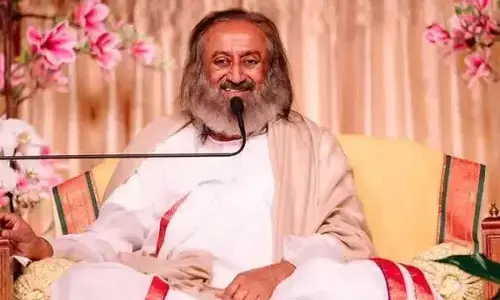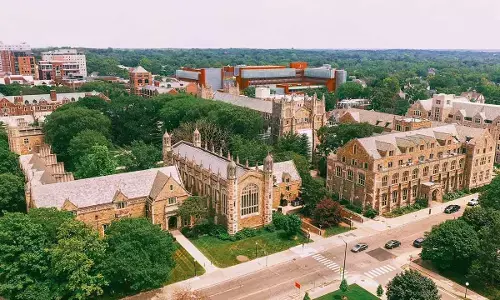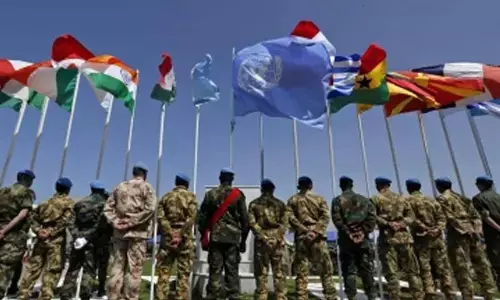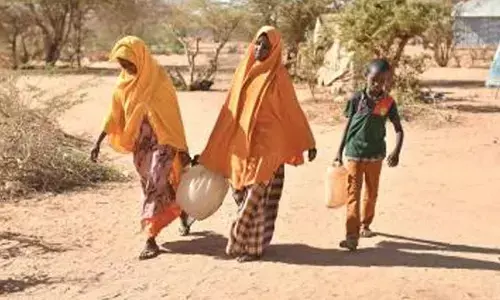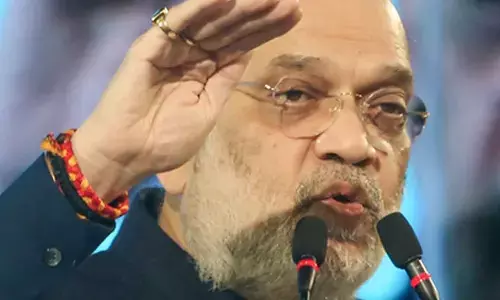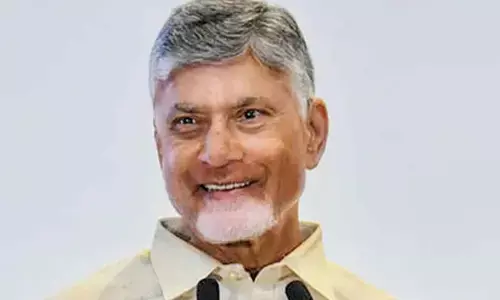We are novelists, not history textbook writers
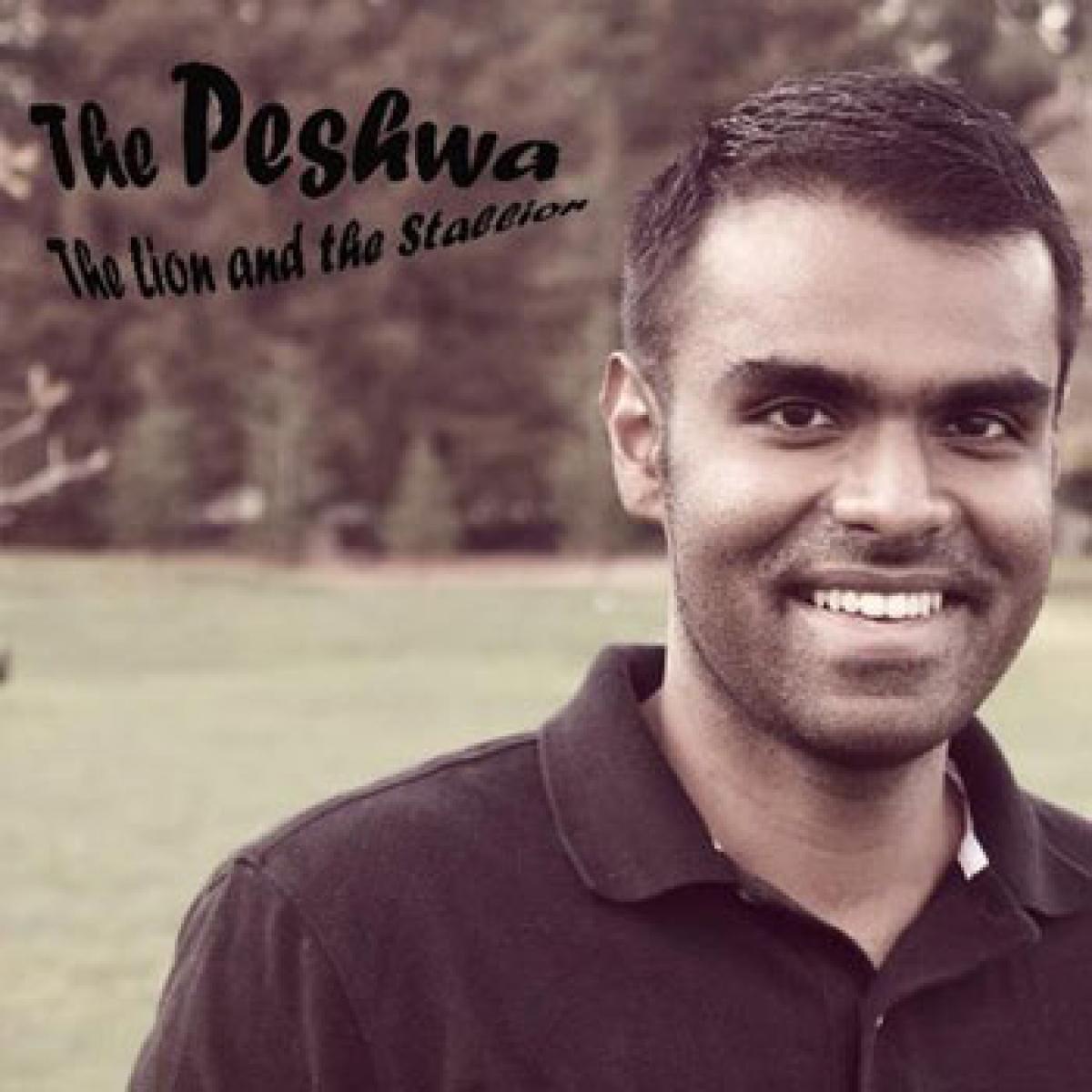
Ram Sivasankaran, is a San Francisco-based business analyst-turned-author is coming up with his first book titled ‘Peshwa’ based on the life of Bajirao I. In a tête-à-tête the writer speaks about his debut novel
Says the debut author of ‘The Peshwa’, a novel based on the life of Bajirao I
Ram Sivasankaran, is a San Francisco-based business analyst-turned-author is coming up with his first book titled ‘Peshwa’ based on the life of Bajirao I. In a tête-à-tête the writer speaks about his debut novel
Excerpts:
‘Peshwa’ marks your debut in the literary world. Why did you choose to write about history and Bajirao in particular?
Contrary to many, history has always been one of my favourite subjects. I loved conjuring up historical scenes, costumes, settings, courtrooms, moods, battles and romances as I read on. It is interesting to note that I stumbled on Bajirao in a rather roundabout way.
I was reading about the battle tactics of Napoleon Bonaparte and thereby came across an article that compared him with the great Maratha hero Bajirao. Intrigued, I checked up on him and began to read up more and more of him obsessively through both academic and artistic sources.
It was then that I realised that it was not Bajirao who deserved to be compared with Napoleon but it was the other way round. He brought the mighty Mughal Empire to its knees, humbled the Portuguese and established an era in which the unassailable power of the Peshwa even overshadowed that of the Chathrapathi.
What kind of research did you do?
I tried to get my hands on as many artistic and academic sources as I could to get a greater degree of understanding of the great hero. It took me a couple of years of focused homework. My academic readings were restricted largely to encyclopaedia articles that focused on major events, timelines and people involved.
This helped me get an understanding of events. My Marathi friend Dr Devdatt Palnitkar, provided me with feedback that helped keep my book, as far as possible, grounded in authentic Marathi culture - the clothes, eating habits, rituals, terms of addressing etc.
Are there fictionalised portions in your book?
My personal view is to consider historical fiction like a ballad. Consider the stories of Beowulf and King Arthur. They truly are based on the lives of real personalities of tall repute but it is the way the stories/odes/poems are told that elevate them to the status of legend or myth.
Consider my debut work on Bajirao and subsequent stories on other personalities to be of the same intent. With some historical facts, events and people as the bedrock, I want to conjure up my own universe of those times and tell the stories my way.
Also, very few historical accounts actually talk of the behavioural patterns and temperament of the personalities they address. In that aspect embellishment with the pieces of imagination are essential from the point of view of an artist who is trying to paint a picture to the audience.
Do you think there should be boundary for creative freedom when dealing issues like this?
Creative freedom comes with a responsibility to depict the protagonists and main characters in comparable spirit and esteem as they are held in the eyes of the general society. One cannot invent a storyline completely disconnected from everything that a historical character is known for.
On the other hand, we are novelists, not history textbook writers. While academic research is essential and absolutely critical to penning down works based on history and real events, artistic exaggerations and omissions should be expected.
Is there any similarity between your book and the film ‘Bajirao Masthani’?
The book's storyline marks Bajirao's rise to power. Its timeline is before the events depicted in the movie. I could not find elements of similarity between the two.
Before starting this book did you know that a film was also in offing?
I finished writing the book in December 2013. Unless I were a seer with the gift to see two years into the future, I could not have guessed that my book would even be accepted for publication, much less the fact that the movie would be released at the time that it was.
What are your future projects?
I hope to write on Krishnadeva Raya of Vijayanagara, Rana Kumbha of Mewar, Rana Sanga of Mewar, Rajendra Chola of the Chola Empire and even Chhathrapathi Shivaji. However, do await the sequel and concluding story to The Peshwa first!









